Continuing education
Dr. Poney Chiang, PhD, R.Ac, R.TCMP:Neuro Meridian Integrative AcupunctureThe Certification Program
StartedThe popularity of Abdominal Acupuncture (AA) has increased enormously, the last couple of years, both in China and in the West. After Professor Bo ZhiYun ended his research in 1991 and brought out the guidelines for treatment according to the Abdominal acupuncture technique, his method is even called a 'miracle therapy'. This is the seventh time that IL organizes this successful, extremely practical and by students highly valued 3-day course.
The use of Abdominal Acupuncture to treat illness, harmonize the Zang Fu, and strengthening the Yuan qi is based on ancient theories of Daoism, TCM, Ba Gua and the Five Elements.
This technique is based on the regularization of the navel (Ren-8 Shenque) as the central nucleus which is considered to be the first system of regulation, the basis of the meridian system and the distribution of qi and blood of the whole body forming a macroscopic control.
The development of the umbilical regulation system is divided into two different systems: one is located in the superficial layer of the skin and is called the peripheral system (musculoskeletal) represented by the Sacred Turtle which includes the meridian system, the second system is located at a deeper layer of the abdomen and is called the visceral or Zang Fu system represented by the Ba gua map.
Treatment aims to adjust, harmonize and re-balance the body and mind. By concentrating acupuncture therapy in the abdominal and navel region, all parts of the body can be treated because the energetic flow of the whole body is focused in this area.
An in-depth exploration of treatments and self-cultivation of Xin and Shen.
Want To Dive Into The Rewarding Realm Of Treating Cardiovascular Patients?
In a medical landscape where cardiovascular disorders are increasingly prevalent, can you truly say you have the adequate toolbox for safe and effective cardiovascular management?
This comprehensive course challenges you to elevate your practice beyond basic TCM theory by integrating advanced channel theory with practical applications specifically for cardiovascular and emotional disorders. More than just clinical protocols, this journey explores the profound connection between Xin (Heart-Mind), Shen (Spirit), and cardiovascular health—recognizing that true healing addresses not only physical symptoms but the deeper spiritual and emotional patterns that underlie heart disorders.
Taught by Amos Ziv, a practitioner with over 20 years of specialized experience in cardiovascular treatment and the founder of CardiaCare, this is not theoretical knowledge recycled from textbooks—it's clinically-verified wisdom refined through decades of specialized practice that honors both the scientific precision of TCM and the sacred journey of healing the heart's deeper layers.
Equally important to treating patients is the practitioner's own inner cultivation. This course is also a journey of self-cultivation. Through breathwork, Qi descent to the Lower Dan-Tian, and Liver-Gallbladder Qi Gong, you'll strengthen your energetic center, enhance treatment efficacy, and grow as a healer from the inside out.
By integrating clinical mastery with personal awareness across these three weekends, you'll develop both the confidence to treat complex cardiovascular cases and a deeper understanding of the delicate balance between physical body language, emotional echoes, and spiritual dialogues. This approach—recognizing the interconnected sources of true healing while cultivating your own awareness—transforms your practice from symptom management to comprehensive heart-centered medicine that addresses the complete spectrum of heart-related disorders with both precision and profound wisdom.
This groundbreaking 9-day certificate program uniquely combines today's advanced biomedical knowledge with the rich traditions of classical acupuncture. This allows acupuncturists to increase their skills in a scientifically supported manner with advanced techniques in the field of neurostimulation and DeQi sensation. The teaching program from the renowned Poney Chiang, PhD, provides an in-depth understanding of neuroanatomy and applies this knowledge directly to acupuncture through advanced techniques such as electro-neuromodulation of acupuncture points. These methods are particularly aimed at treating conditions affecting the peripheral and central nervous systems, providing a robust framework for practitioners to enhance their therapeutic skills.
PLEASE NOTE
You can only participate in Module 3 if you have completed either Module 1 or Module 2.
I would recommend the Advanced Integrative Acupuncture program to anyone who does, or has interest in, treating neuromyofascial pain in their practice. Poney Chiang is an excellent instructor and extremely knowledgeable in this field. This course seamlessly integrates both Eastern and Western views in treating and diagnosing not only pain, but also many systemic conditions that involve the nervous system.
Since taking this course, I have a wider perspective on how to diagnose causes of pain. I also have more focus and direction when developing a treatment plan. From a practical standpoint, this course teaches many techniques which are very effective and can be implemented easily in one's practice.
Let’s get to the point right away: clients with severe emotional conditions DO NOT need relaxation or to CALM SHEN. This may well be what we have been taught or what we think it is what they need because of their presentation. But with this course Sohial Farzam will assure you, after practicing and researching for many years, they need something else! They need a transformation! Not relaxation.
Ask yourself the following questions:
• Do you know the true definition of the word emotion? • Are we born with default emotions? • What if stress, anxiety, depression, PTSD, addictions are the body's intelligent response to something more profound? • What does Neijing Su Wen/Ling Shu, Nan Jing, Dao De Jing have to say about emotions? • How does trauma affect our body, physiology, personality, and beliefs? • How can we help clients release trauma? • What are the neuroscientific, physiological, psychological, implications with emotional imbalances? • Are there herbs, vitamins, supplements that can offer optimum treatment outcomes?
At the end of this course, you will be able to give all the answers in a perfectly understandable way. By then it will all be so logical and self-evident to you that you might not even notice how you have interwoven age-old Eastern and ultra-modern Western knowledge into new groundbreaking insights.
Every year as practitioners we often wonder what course will best advance our practice help us achieve better results. Sohial's psycho-emotional course, is that course! He has created an amazing synthesis of western psychology with a TCM application, which in all honesty is second to none.
His course will allow you to treat at the level of Shen which I believe is a must for any chronic condition.
If you want to be an expert you have to learn from this expert.
Understanding channel interactions is key to effective acupuncture treatments. In this 2-day course, you will gain deep insight into how channels interact based on their inherent nature and characteristics. Through exploring the Unified Acupuncture Theory (UAT) model, you will learn how to recognize and optimize channel relationships for better clinical results.
This course breaks down various channel interaction approaches to their fundamental building blocks, allowing you to understand and apply various systems easily and effectively. You'll gain a clear understanding of how channels interact using 6 different systems and how principles from multiple traditions - including Dr. Tan's Balance Method, I-Ching, Distal Needling with Imaging and Mirroring, 5 Element Theory, Sa'am Acupuncture, Master Tung's Acupuncture, Japanese Meridian Theory, and Applied Channel Theory - are unified into a coherent system that underlies all these principles.
Did you know that Chinese Facial Diagnosis is one of the most profound and sophisticated diagnostic tools ever developed? And more importantly, did you know that you can use it much more in your practice than you probably do now?
Let’s be honest: pulse and tongue diagnosis are indispensable, but they only tell the story of today. For the patient who has been stuck for months, the client for whom the needles only have a temporary effect, or the “stuck case” you just can’t seem to figure out, you need more. You need a tool that not only scans the symptoms but reveals the patient’s complete history.
Every practitioner encounters the “therapeutic plateau.” You have diagnosed the pattern correctly, your point selection is accurate, and you fully trust your treatment plan, yet the patient’s chronic pain persists. In those cases, mostly the culprit is not energetic disbalance, but a physical obstruction: dense scar tissue, fascial adhesions, or a “muscle energy crisis“ in contractile tissue that standard filiform needles simply cannot resolve.
For the first time in the Netherlands, Brian Bowen presents the Dāo Needle Therapy Certification Course, a distinct system for these “stubborn” musculoskeletal cases. This intensive 3-day course bridges the gap between Traditional Chinese Medicine (TCM) and modern biomechanics, giving you a definitive tool to treat the physical structures that refuse to heal.
We are facing a paradox in modern healthcare. While medical advancements have extended our lifespan, that doesn’t automatically mean people are healthier. Anxiety, insomnia, burnout, and autoimmune disorders have become the defining health challenges of the 21st century.
As practitioners, we see the result daily: patients whose systems are overloaded. Even though ‘modern stress’ (work pressure, social media, 24/7 news) and ‘developmental trauma’ (childhood neglect, abuse) differ in origin, they both dysregulate the nervous system in similar ways. When the body’s natural survival mechanisms (Fight, Flight, Freeze) are triggered repeatedly without resolution, the energy gets ‘stuck’.
Whether your patient is suffering from recent burnout or old wounds, the result is the same: a loss of Allostasis (internal balance) and a disconnection from the Authentic Self.
For the experienced practitioner, acupuncture is an ongoing journey of discovery to new knowledge and skills. This course offers a unique opportunity to master 12 specific treatment patterns, rooted in both ancient wisdom and modern insights. They are based on the I Ching Ba Gua, the Unified Acupuncture Theory (UAT) and the Balance Method.
These 12 patterns are well suited for treating a variety of internal functional problems, with a special focus on anxiety and insomnia. They build on three central concepts: dynamic interactions, static interactions and the Channel code.
Together, these concepts provide a comprehensive treatment method for both musculoskeletal problems and functional disorders, internal imbalances and psychological and emotional states.
Why do some patients with emotional trauma not respond to standard TCM treatments, even when all diagnostic signs point in the right direction? This 4-day in-depth course reveals how the 8 Extraordinary Vessels offer a unique pathway to healing that goes far beyond standard TCM approaches. This seminar integrates Chinese medicine concepts, especially based on Jeffrey Yuen’s teachings, with human behavior, neuroscience, and quantum physics.
As you all probably know, the urgency for effective mental health interventions in the Netherlands has never been greater:
These patients need help!
Under the guidance of renowned international expert Sohial Farzam, you’ll embark on a well-thought-out journey into understanding how the 8 Extraordinary Vessels provide a solution for all those struggling with their mental health. They are one of the most powerful yet often overlooked channel systems of Chinese Medicine especially in relation to mental health and emotional trauma.
Content - mind-blowing. Delivery - Excellent. Knowledge & experience is powerful yet humble. Very easy to relate and integrate.
There’s no doubt about it: you’re good at what you do. Your knowledge of meridians, tongue diagnosis, and pulse-taking is impeccable. There’s nothing wrong with your treatment plans. Your patients always leave satisfied. Yet your schedule isn’t full, especially not since Covid. And you find yourself wondering: Why is it still so difficult to fill my appointment book after all these years of study and practice experience?
The answer is brief but powerful: You don’t communicate your value. You don’t know how to sell without feeling guilty. You don’t understand why patients say “I need to think about it”—and what you should respond. And there’s a diagnosis for that too: You think like a practitioner, not like an entrepreneur. And that difference determines how busy your waiting room is and how high your income.
Fortunately, there’s also a treatment plan: You need someone who can guide you through entrepreneurship and who understands how the work of a TCM practitioner operates. And that person is Dr. Sohial Farzam: a practicing TCM physician with 16 years of experience who has built four successful businesses. He has advised million- and billion-dollar companies and works with patients. He understands both pulse diagnosis and profit margins—a rare combination. And more importantly: he is someone who has actually done it.
I'm literally now double what I was when "busy"—about 50 patients in 25-27 hours. After 36 years, I finally feel like a professional practitioner. It's the heart, the soul, the purpose of business—I love going to work now.
I increased my clients by 50% and literally doubled my profit in six months. Once I stopped being so fee-based and realized I have this gift, this skill, I just want to help people. The momentum changed, my energy lifted, and it was nearly like a magnet.
This 2-day intensive course offers a comprehensive and highly practical introduction to Jiao Style Scalp Acupuncture, a modern system integrating classical Chinese needling methods with contemporary neuroanatomy, neurophysiology and neuroscience. Participants will learn how to precisely locate and needle scalp functional zones based on the somatotopic organisation of the cerebral cortex, and how to apply immediate, clinically effective stimulation techniques for neurological rehabilitation and neuro-pain disorders.
Jiao style scalp acupuncture is widely used in hospitals and rehabilitation centres across China and internationally. It has demonstrated exceptional clinical results in both acute and chronic neurological conditions, frequently producing rapid improvements in motor, sensory, speech and balance function — often within minutes of needle insertion.
Designed with an emphasis on hands-on training, this course ensures that participants will be needling and practising from the first morning, under close supervision, and will leave confident in applying the technique in their own clinical setting.



 Tuvia Scott
Tuvia Scott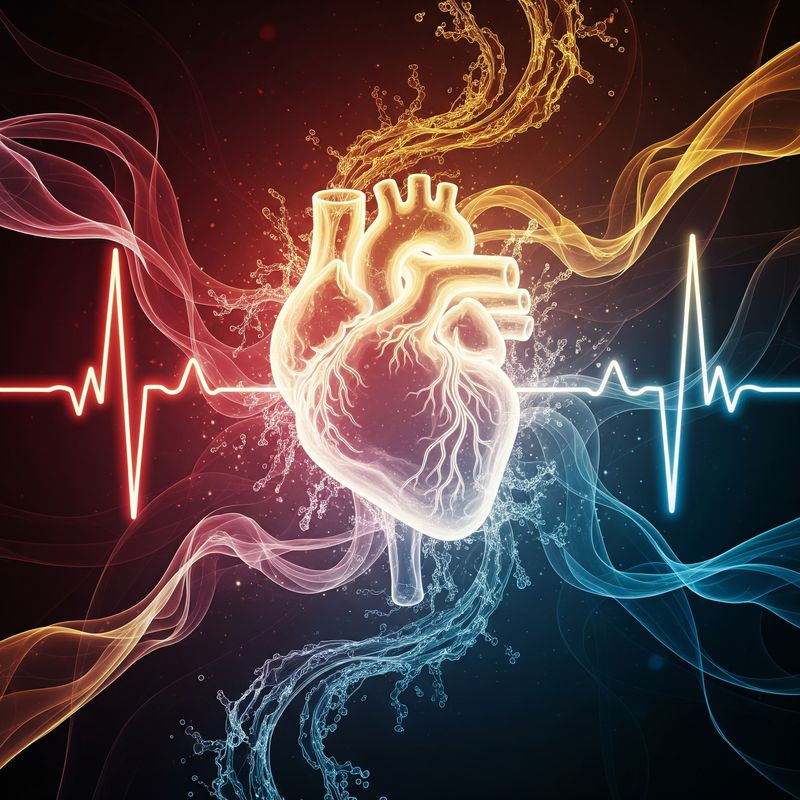
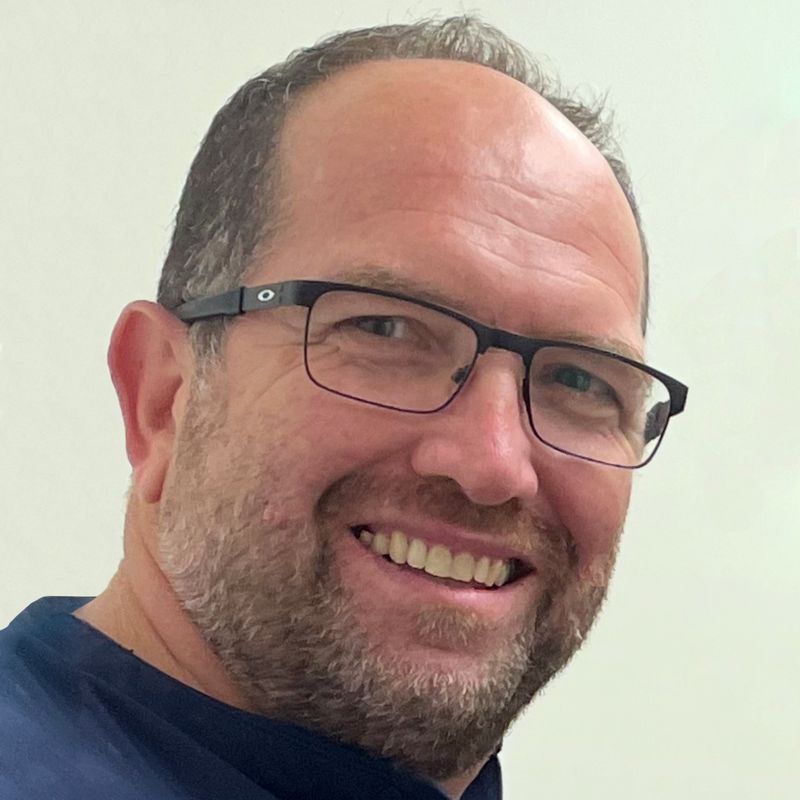 Amos Ziv M.Sc L.Ac
Amos Ziv M.Sc L.Ac Dr. Poney Chiang, PhD, R.Ac, R.TCMP
Dr. Poney Chiang, PhD, R.Ac, R.TCMP
 Sohial Farzam
Sohial Farzam
 Jonathan Shubs
Jonathan Shubs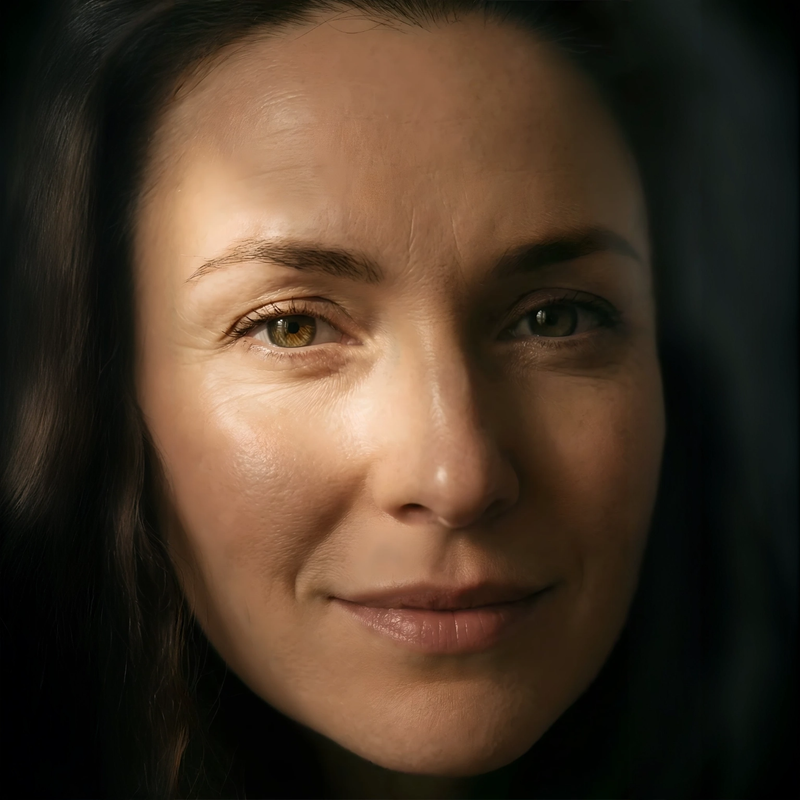
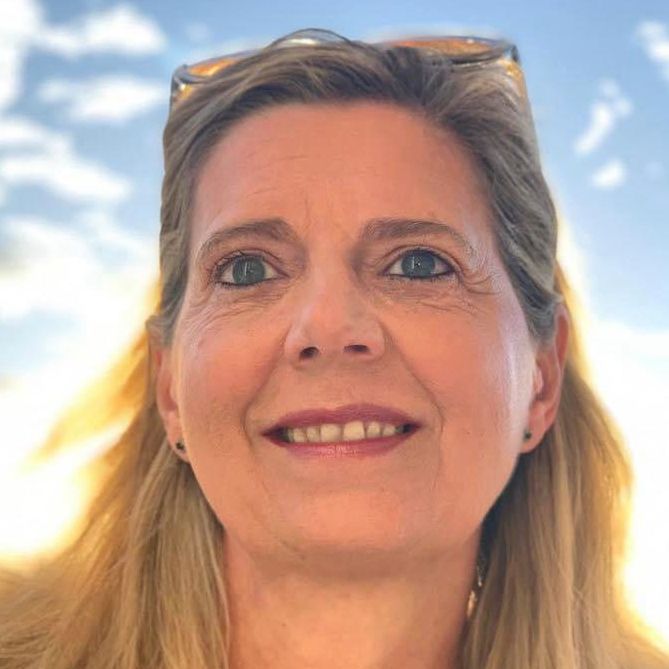 Mieke Fraussen
Mieke Fraussen
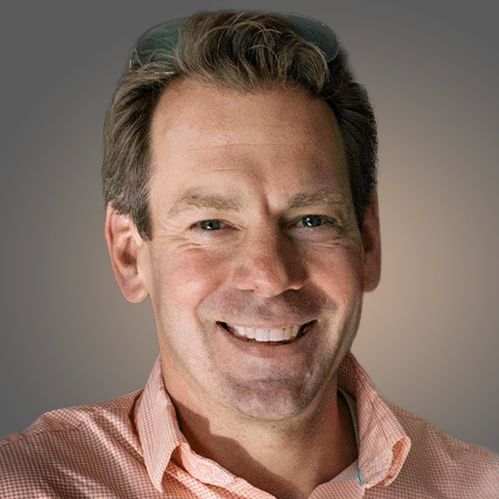 Brian Bowen, Dipl.Ac.(NCCAOM)®, LAc., CMT, LMT, PAS, CES, CPT, CHPC, Power MBA
Brian Bowen, Dipl.Ac.(NCCAOM)®, LAc., CMT, LMT, PAS, CES, CPT, CHPC, Power MBA



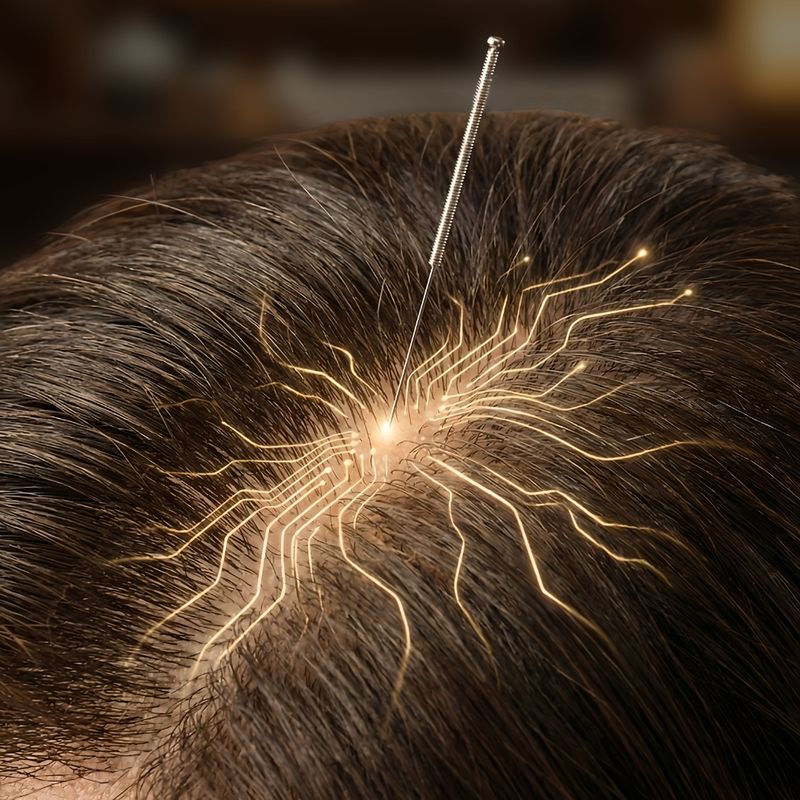
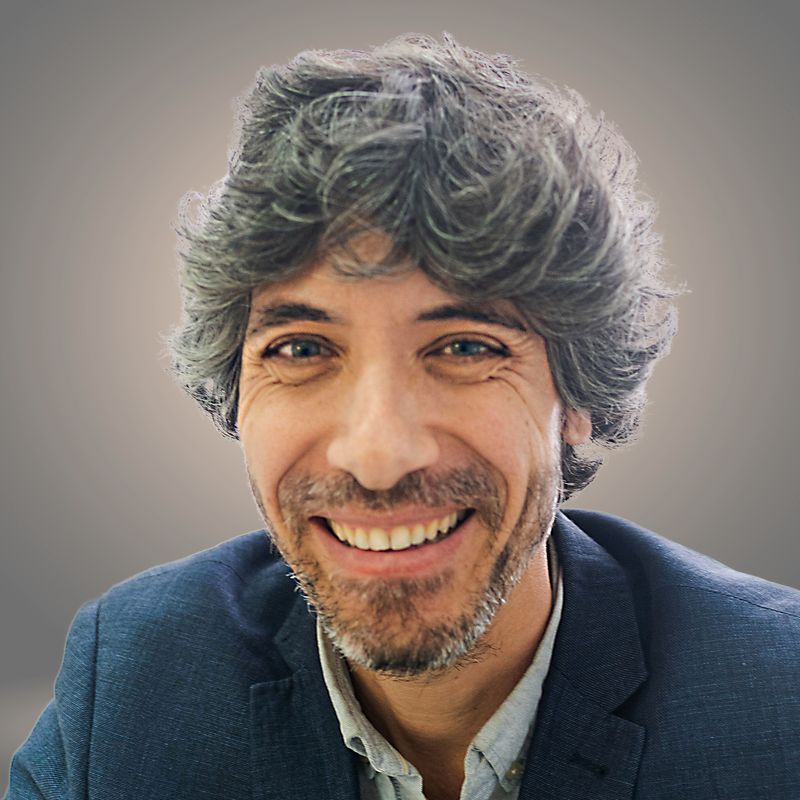 Jason Smith
Jason Smith